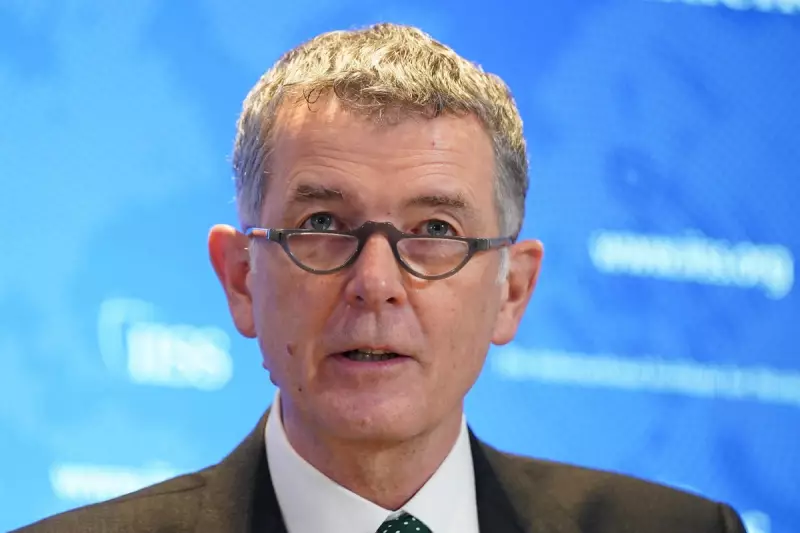
In a stunning revelation that sheds new light on the hidden diplomacy of the Ukraine conflict, former MI6 chief Sir Richard Moore has disclosed that Vladimir Putin personally torpedoed a potential peace agreement that was within reach in the early months of the war.
The clandestine negotiations, which took place in April 2022 in Istanbul, had reportedly yielded a draft treaty that addressed Russian concerns. According to Sir Richard, the deal was surprisingly favourable to Moscow, making the Russian leader's subsequent rejection all the more significant.
The Istanbul Breakthrough That Never Was
Speaking at the Politico summit in Washington, the former intelligence head revealed that Turkish mediators had successfully brokered talks between Russian and Ukrainian officials. The resulting draft agreement represented what many saw as a genuine opportunity to end the hostilities.
"There was a moment in the spring of 2022 where it looked as if there might be a peace deal available," Sir Richard stated. "The Ukrainians were obviously involved in that. The Turks had brokered it."
Putin's Fateful Decision
Despite the promising developments, the Russian president ultimately walked away from the negotiating table. Sir Richard suggested that Putin's decision was influenced by his military commanders, who likely promised swift victory on the battlefield rather than through diplomacy.
This rejection fundamentally altered the trajectory of the conflict, leading to another two years of brutal warfare that has claimed tens of thousands of lives and reshaped European security architecture.
A Turning Point in Modern Conflict
The revelation provides crucial insight into the decision-making processes within the Kremlin during the critical early phase of the invasion. It suggests that opportunities for peace were available but were ultimately sabotaged by Putin's preference for military escalation over diplomatic resolution.
Sir Richard, who stepped down as MI6 chief in August, has been increasingly vocal in his assessments of the Ukraine conflict since leaving office. His comments represent the most detailed public account yet of the failed Istanbul negotiations from a Western intelligence perspective.
The disclosure raises important questions about alternative histories and what might have been had the Russian leader chosen diplomacy over destruction in those crucial early months of the war.





